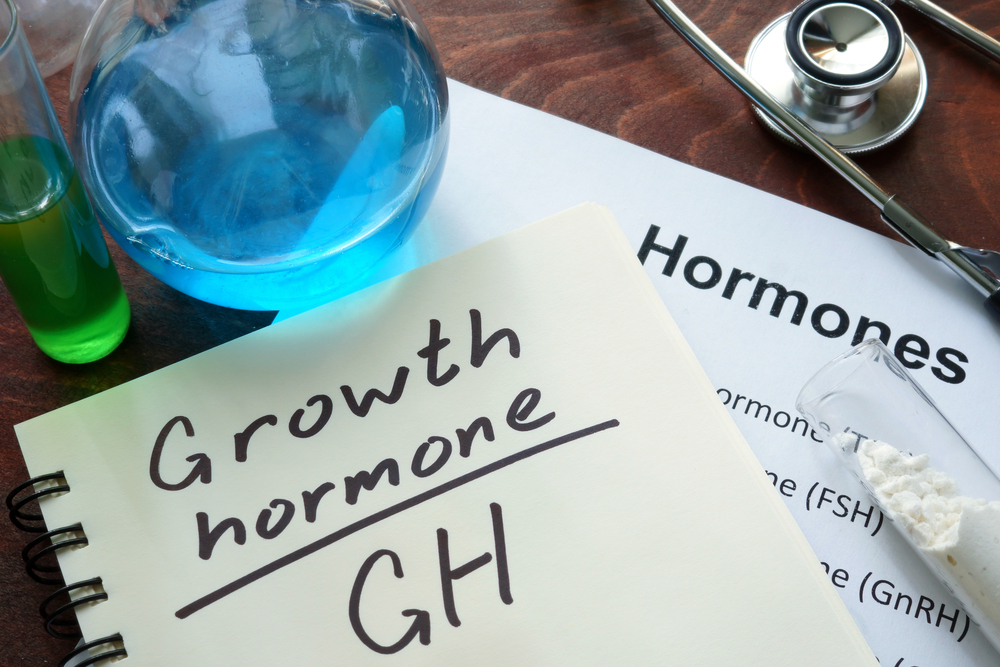ALS Treatment with Growth Hormone Therapy Work to Continue

Because amyotrophic lateral sclerosis (ALS) is such a devastating disease, there is a need for novel and efficacious therapies and several studies hypothesize that growth hormone may be one of them. In a new review paper titled “The neuroprotective effects of human growth hormone as a potential treatment for amyotrophic lateral sclerosis” and published in the Neural Regeneration Research journal, researchers from several major universities and hospitals in South Korea reviewed the metabolic pathways of growth hormone signals and its neuron protective effects focusing on ALS.
Amyotrophic lateral sclerosis (ALS) is a disease that involves the death of neurons that activate voluntary muscles. These muscles are called skeletal striated muscles and are responsible for our ability to walk, talk and even breathe. The disease is therefore characterized by stiff muscles, muscle twitching, and gradually worsening weakness due to muscle wasting.
The growth hormone is a protein secreted by the pituitary gland involved in various processes of growth and metabolism. There are several studies that suggest supplementation with growth hormone and IGF-1 (a substance directly affected and stimulated by the growth hormone) provides neuroprotection in ALS mouse models (in vivo) and individual neuronal cells in the laboratory (in vitro). Despite this, the truth of the matter is that clinical studies (i.e., clinical trials) using ALS patients have failed to date to demonstrate the benefit of growth hormone therapy. As the researchers noted, some findings suggest that disease-triggering factors other than growth hormone-mediated alterations are present, and that growth hormone as an isolated therapy is probably insufficient to modify the disease’s progression.
“It is likely that GH promotes neuronal survival primarily through its anti-apoptotic properties. However, clinical trials have failed to demonstrate its therapeutic potential, and there are still unresolved questions about the key mechanisms of ALS,” the authors conclude in their study. “More research is needed to consolidate the evidence of GH-mediated neuroprotection, and to investigate the factors contributing to the negative results of GH-based clinical studies for ALS.”



